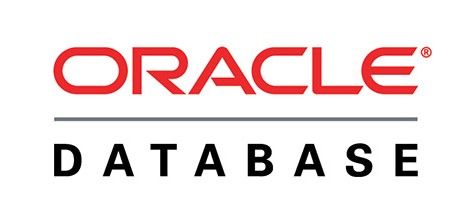Course Details - Oracle SQL
We offer World Class Job Oriented Hands on Practical Oracle SQL Online Training.
This Course offers you an introduction to the Oracle Database Technology. In this class, you learn the basic concepts of relational databases and the powerful SQL programming language. This Couse Provides the essential SQL Skills that enable you to write queries against single and multiple tables,manipulate data in tables,create database objects and query metadata.

None - Any One looking for IT Career can Opt it.
- Data analyst
- Database administrator
- Database developer
- Database designer
- Power BI
- Business Intelligence
- Introduction to SQL
- History
- Overview of Relational Database Management Concepts and Terminilogies
- Introduction to SQL Development Environments
- Use of Client Tools
- SQL*PLUS
- SQL Developer
- HR Resource Schema and Tables Used in this course
- Oracle Database Installation
- Data Manipulation Language(DML)
- Data Definition Language(DDL)
- Data Control Language(DCL)
- Transaction Control
- Creating Tables
- Describe Command
- Installing Sample Schemas
- Data Types
- Using Alter Table commands
- Use of Truncate command
- Use of Drop command
- Retrieving rows using select statement
- Inserting records using insert statement
- Updating records using update Statement
- Deleting records using delete statement
- Examples
- Writing SQL Select Statements
- Arithmetic Expressions and Null Values in the Select statement
- Common Alias
- Describe Command
- Use of Concatenation Operator,Liter Character Strings,Distinct Keyword
- Examples
- Limiting Rows with Where Clause,Operators,Null Conditions
- The Where Clause
- The Comparison Operators =,<=,Between,IN,LIKE and NULL Operators
- Logical Conditions using AND, OR and NOT Operators
- SQL Row Limiting clause in a query
- Sorting rows using ORDER BY Clause
- Describe the Set Operators
- Use a Set Operator to Combine Multiple
- Queries into a Single Query
- The UNION ALL Operator
- The UNION Operator
- The MINUS Operator
- Examples
- Types of Functions
- Single Row Functions and Multiple-row Functions
- General Functions & Conversion Functions
- Use of Date Functions
- Use of Numeric Functions
- USe of Character Functions
- Use of TO_CHAR, TO_DATE, TO_NUMBER
- Use of NVAL, COALESCE, CASE, DECODE
- What are Group Functions and Types
- Use Avg,Min,Max,Count,Sum Functions
- Use Distinct Keyword
- Null Values
- Using Group by Clause functions
- Using the Having Clause
- Examples
Write SELECT Statements to Acess Data from More Than One Table Using Equijoins and Nonequijoins
- Types of Joins
- The NATURAL JOIN Clause
- The NATURAL JOIN ON Clause
- The INNER JOIN
- The OUTER JOIN
- The LEFT OUTER JOIN
- The RIGHT OUTER JOIN
- The FULL OUTER JOIN
- Examples
- Types of SubQueries
- Single and Multiple-Row SubQueries
- Correlated SubQueries
- Examples


 ORACLE RAC
ORACLE RAC